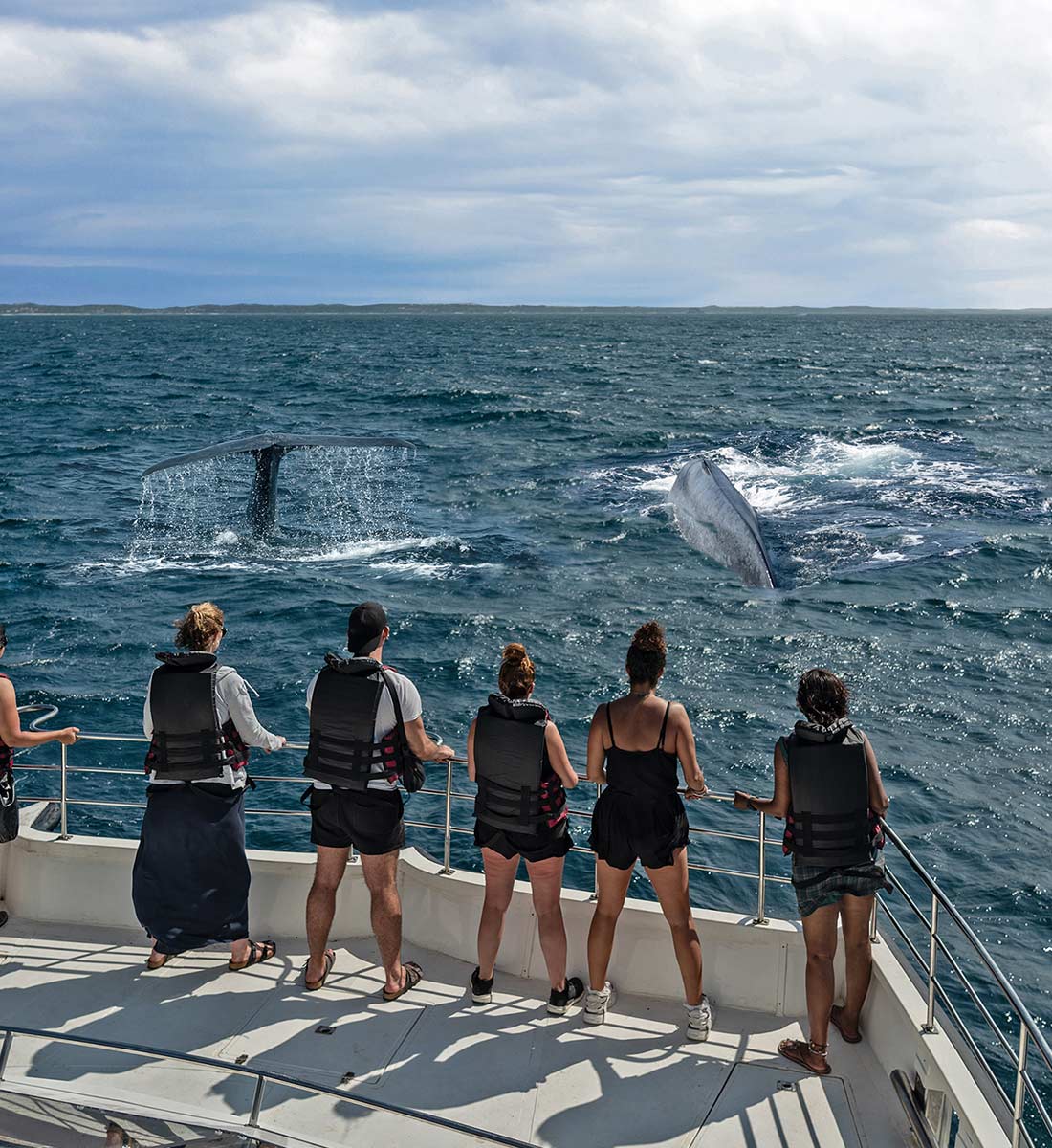Whale Watching in Sri Lanka: An Ultimate Guide for Tourists
Sri Lanka, a tropical paradise, is not only renowned for its pristine beaches and ancient ruins but also for its incredible marine life. Among the many aquatic wonders, whale watching stands out as a thrilling and unforgettable experience. With its rich biodiversity, Sri Lanka offers an ideal environment for these magnificent creatures, making it a top destination for whale enthusiasts worldwide.
Best Time to Spot Whales
The best time to embark on a whale watching adventure in Sri Lanka is between April and May. This period coincides with the migration of whales from the Antarctic to warmer waters. However, sightings can be possible throughout the year, especially along the southern coast.
Types of Whales You Might See
Sri Lanka boasts a diverse whale population. Some of the most common species you might encounter include:
- Blue Whales: The largest animals on Earth, these gentle giants are a breathtaking sight.
- Sperm Whales: Known for their massive heads, sperm whales are intelligent and fascinating creatures.
- Orca (Killer Whales): These highly social and intelligent predators are often seen in groups.
- Pilot Whales: These whales are known for their close social bonds and cooperative behavior.
Whale Watching Locations in Sri Lanka
Several coastal towns offer excellent whale watching opportunities. Some of the most popular locations include:
- Mirissa: Known for its vibrant nightlife, Mirissa is also a fantastic starting point for whale watching excursions.
- Galle: This historic city offers a blend of culture and adventure, with whale watching tours departing from its harbor.
- Kalpitiya: Located on the northwestern coast, Kalpitiya provides a chance to spot whales in a less crowded setting.
Tips for a Memorable Whale Watching Experience
- Choose a reputable tour operator: Ensure the operator prioritizes responsible whale watching practices.
- Respect the whales: Maintain a safe distance and avoid disturbing their natural behavior.
- Dress appropriately: Wear comfortable clothing and sunscreen, as boat trips can be exposed to the elements.
- Bring a camera: Capture unforgettable moments, but remember to respect the whales’ privacy.
Responsible Whale Watching
It is crucial to support responsible whale watching practices. Avoid operators that engage in harmful activities such as chasing whales or disturbing their feeding grounds. By choosing eco-friendly tours, you contribute to the conservation of these magnificent creatures and their habitat.





